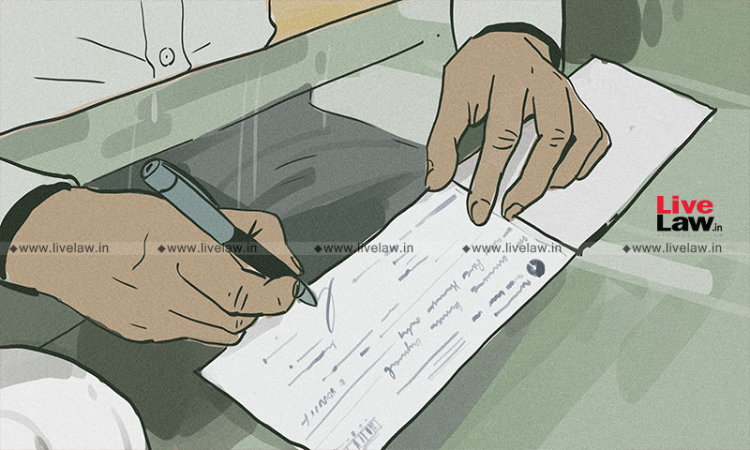The Punjab & Haryana High Court has ruled that a spouse will not be liable for dishonor of a cheque signed by the other spouse, merely because it was drawn on the couple's joint account.The observation came in response to the petitioner/wife's plea for quashing of a complaint under Section 138 of Negotiable Instruments Act ("NI Act"), stating that she was accused of cheque dishonor...

